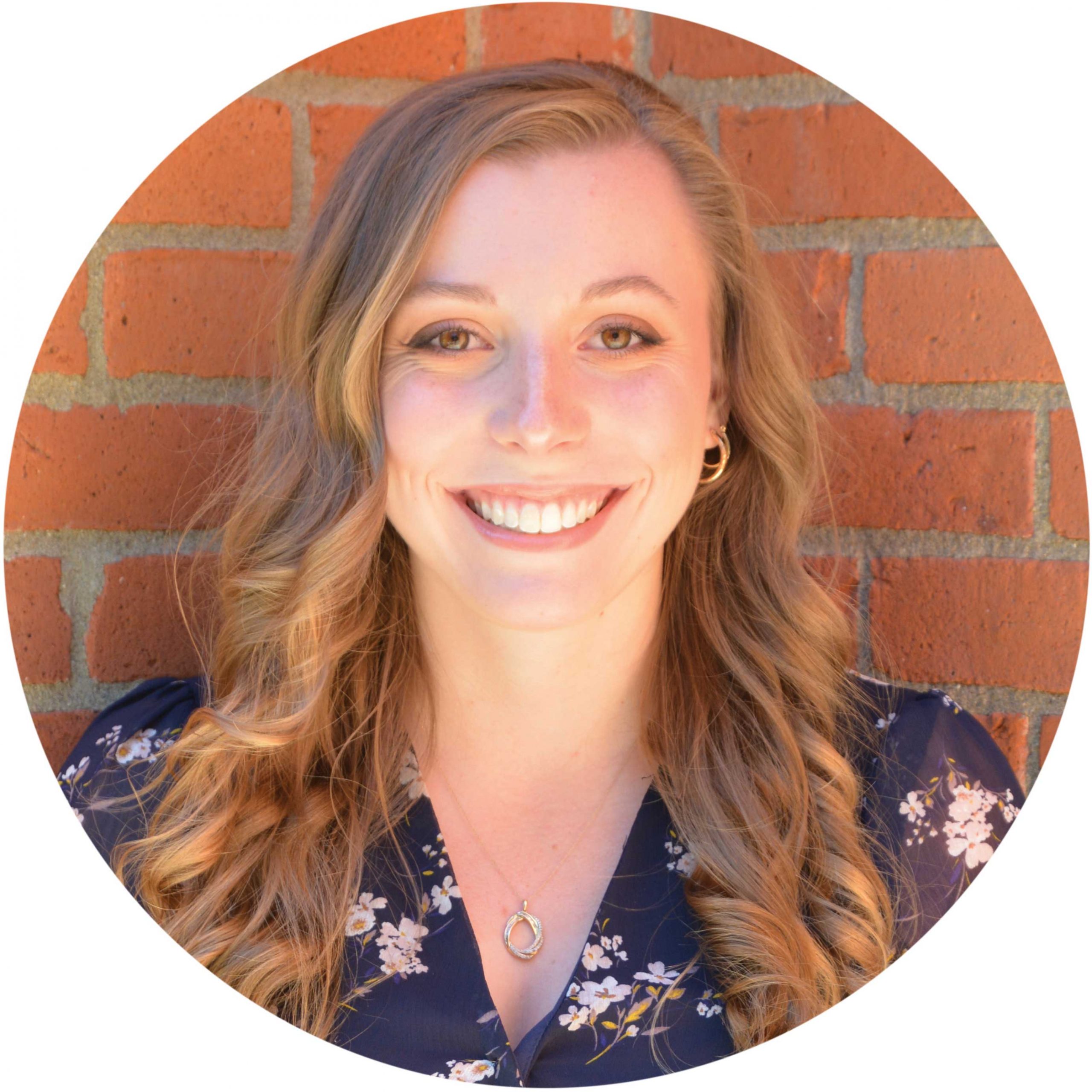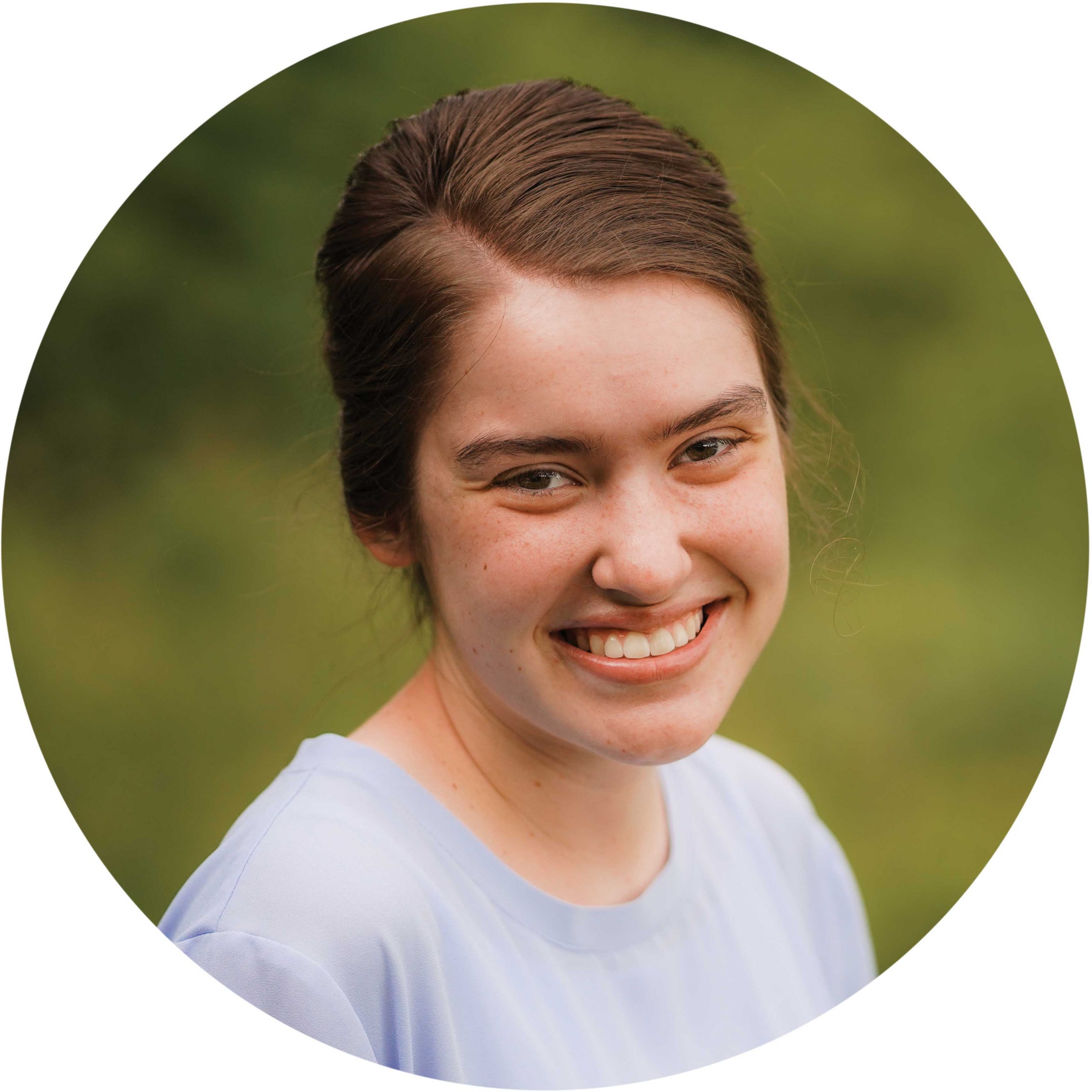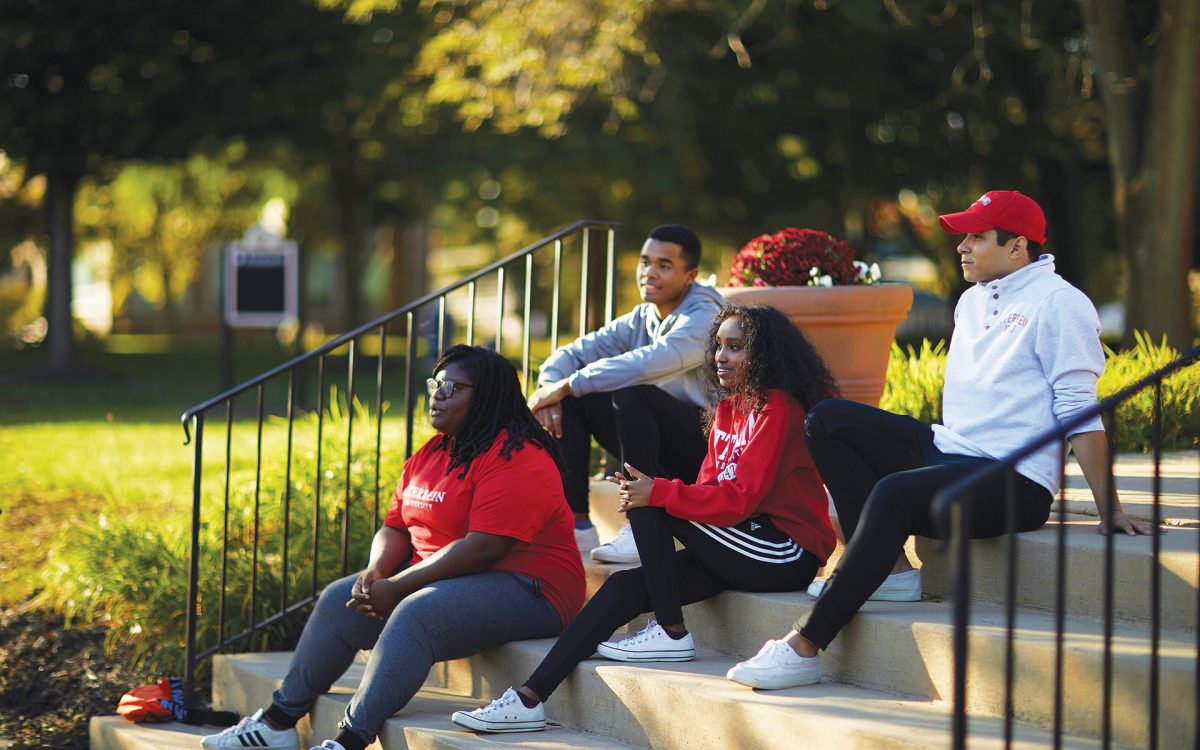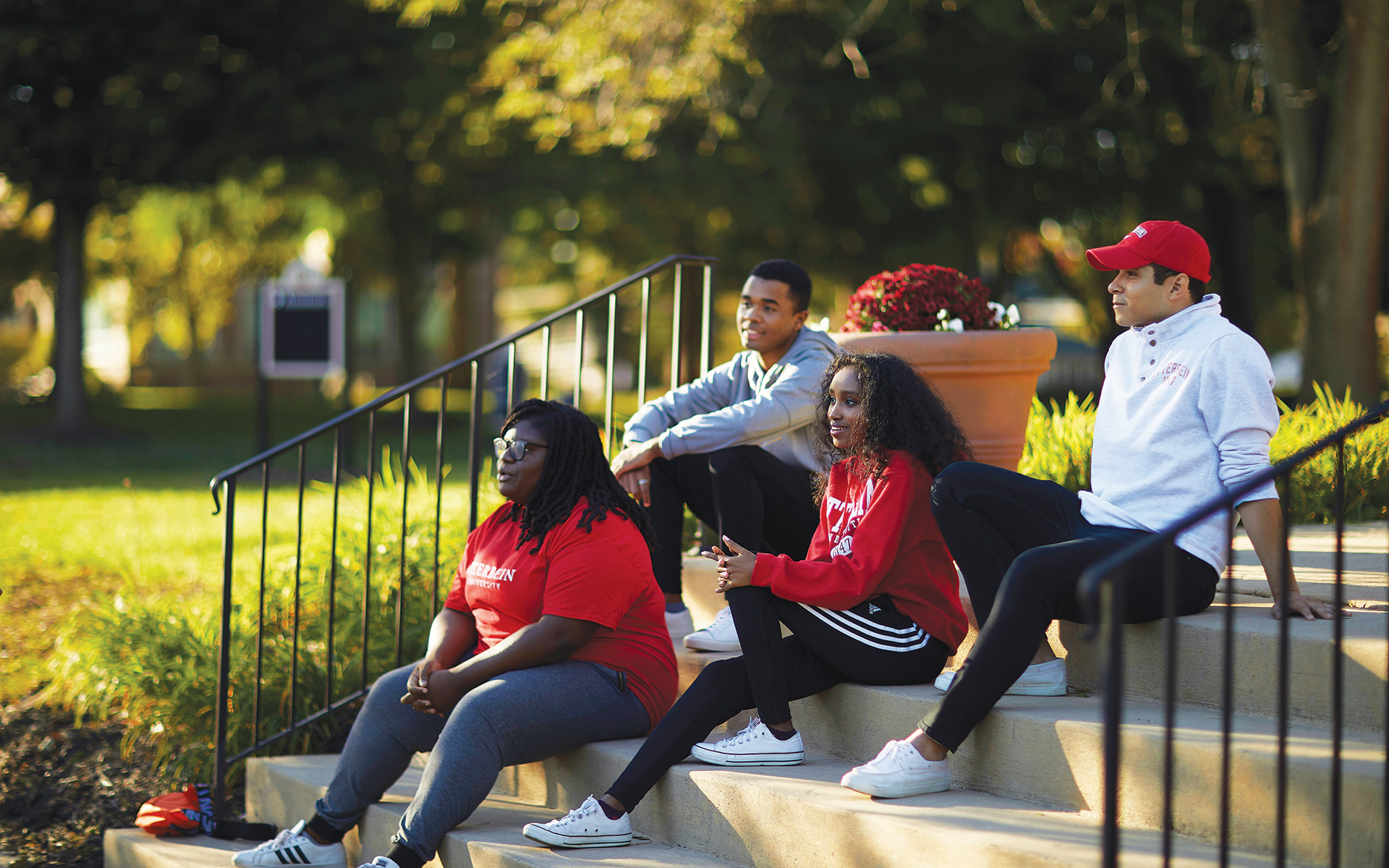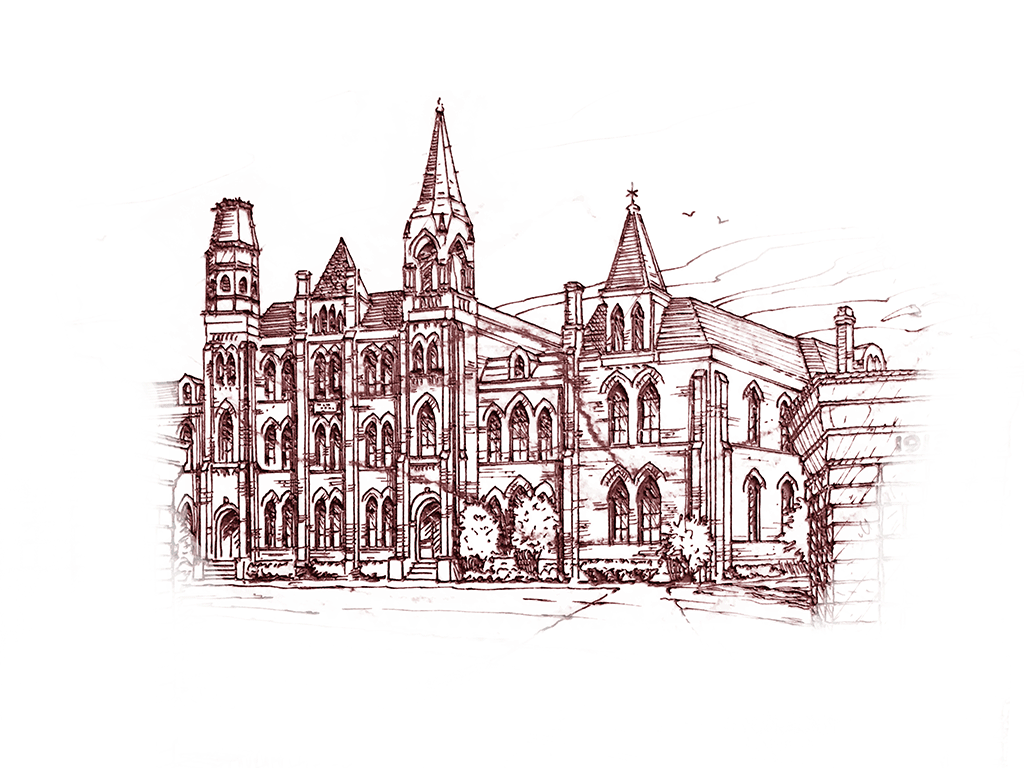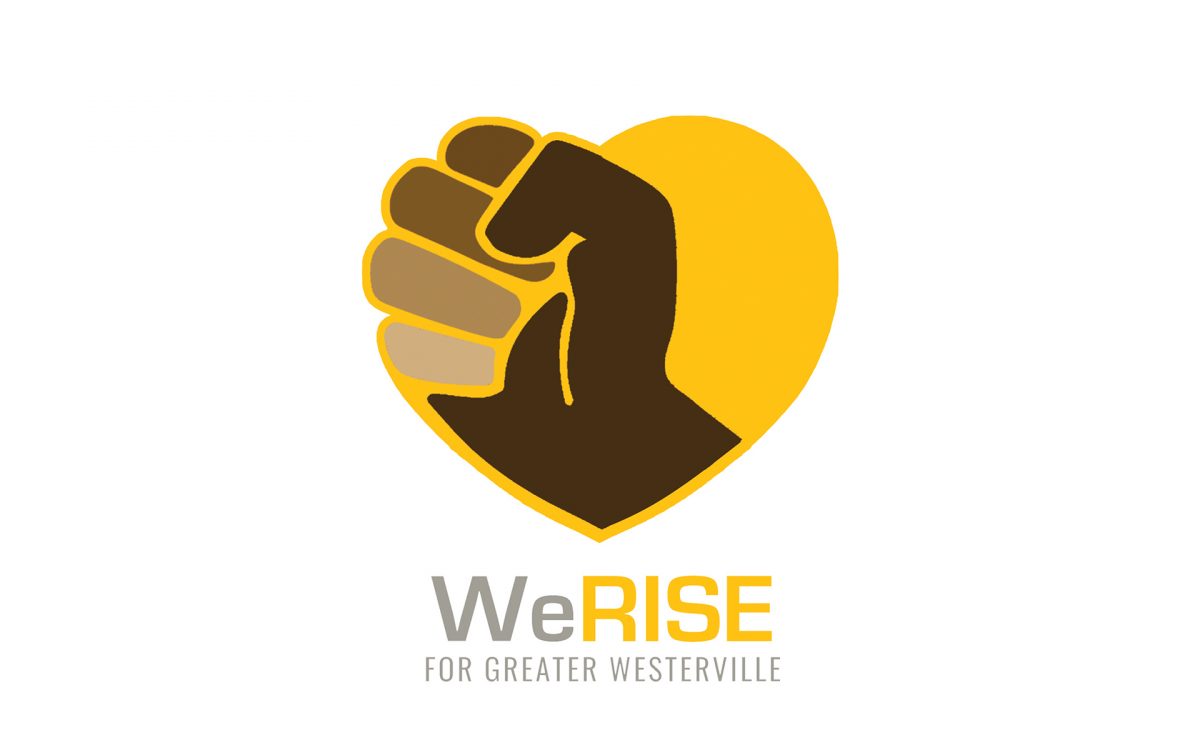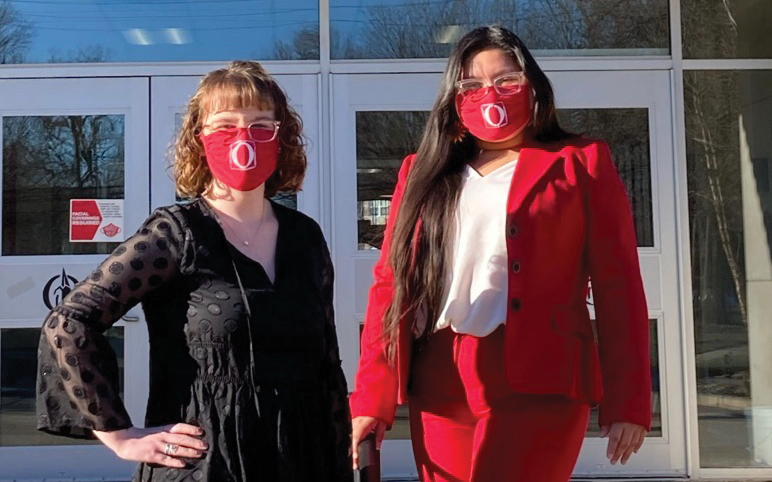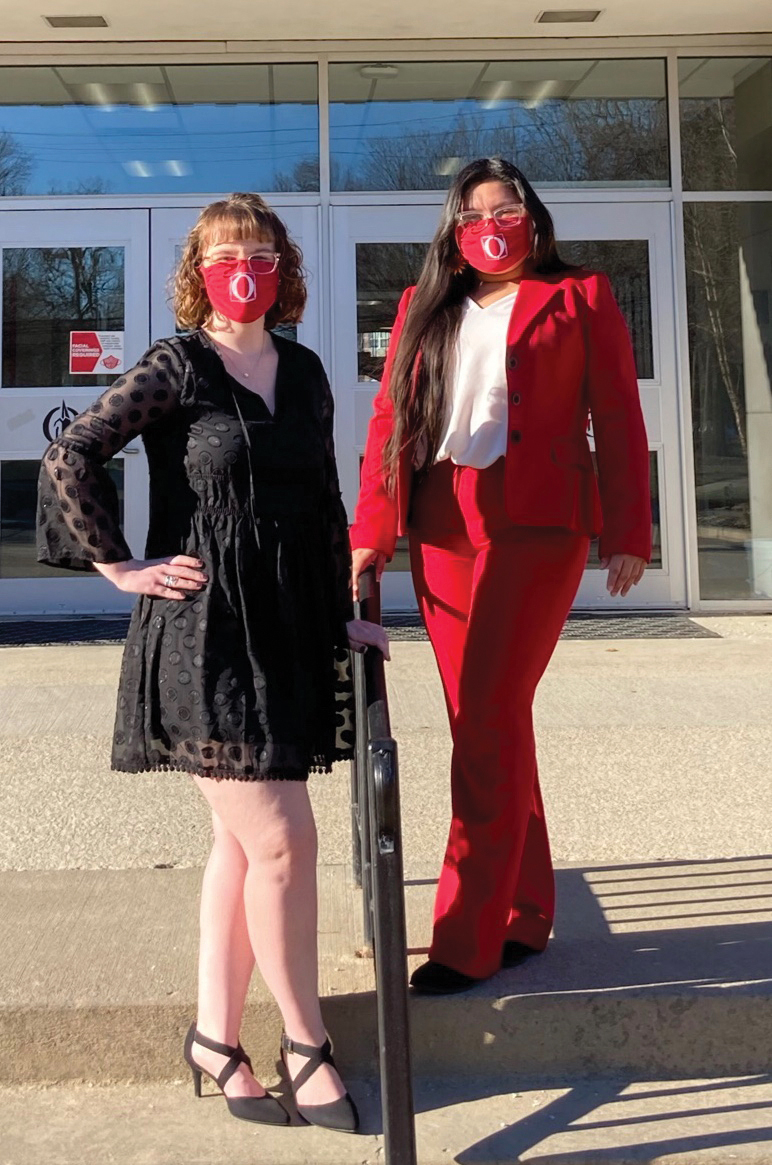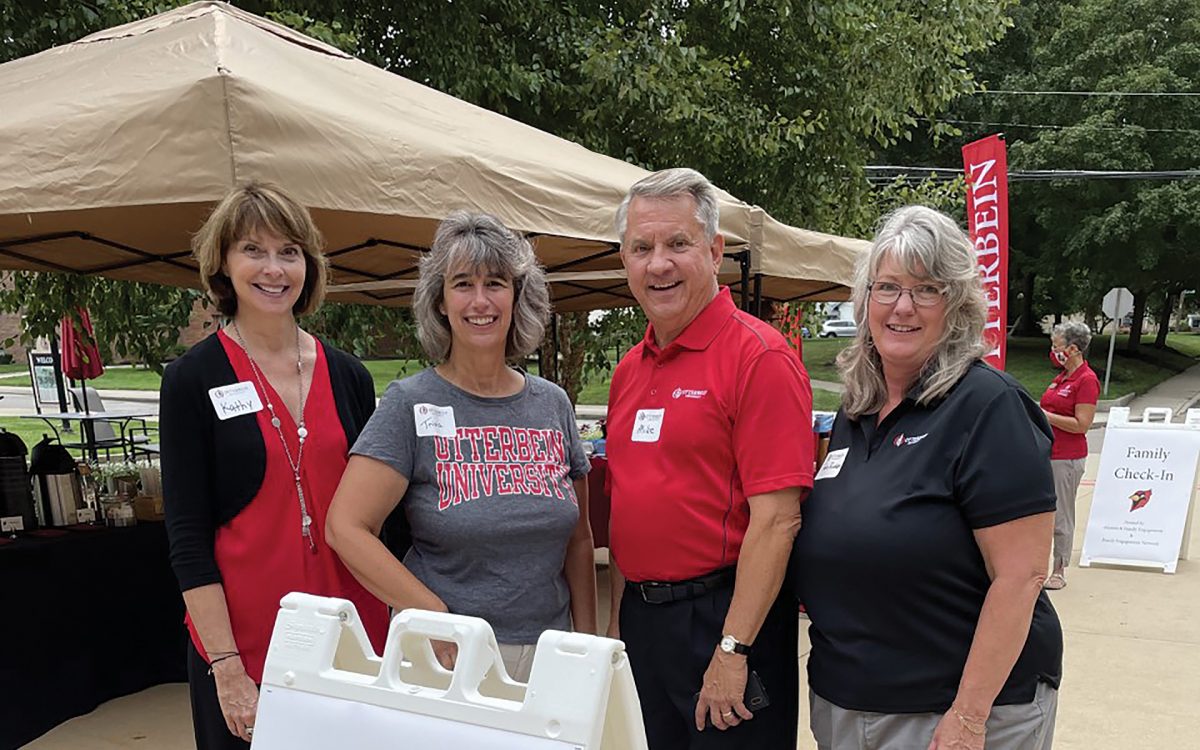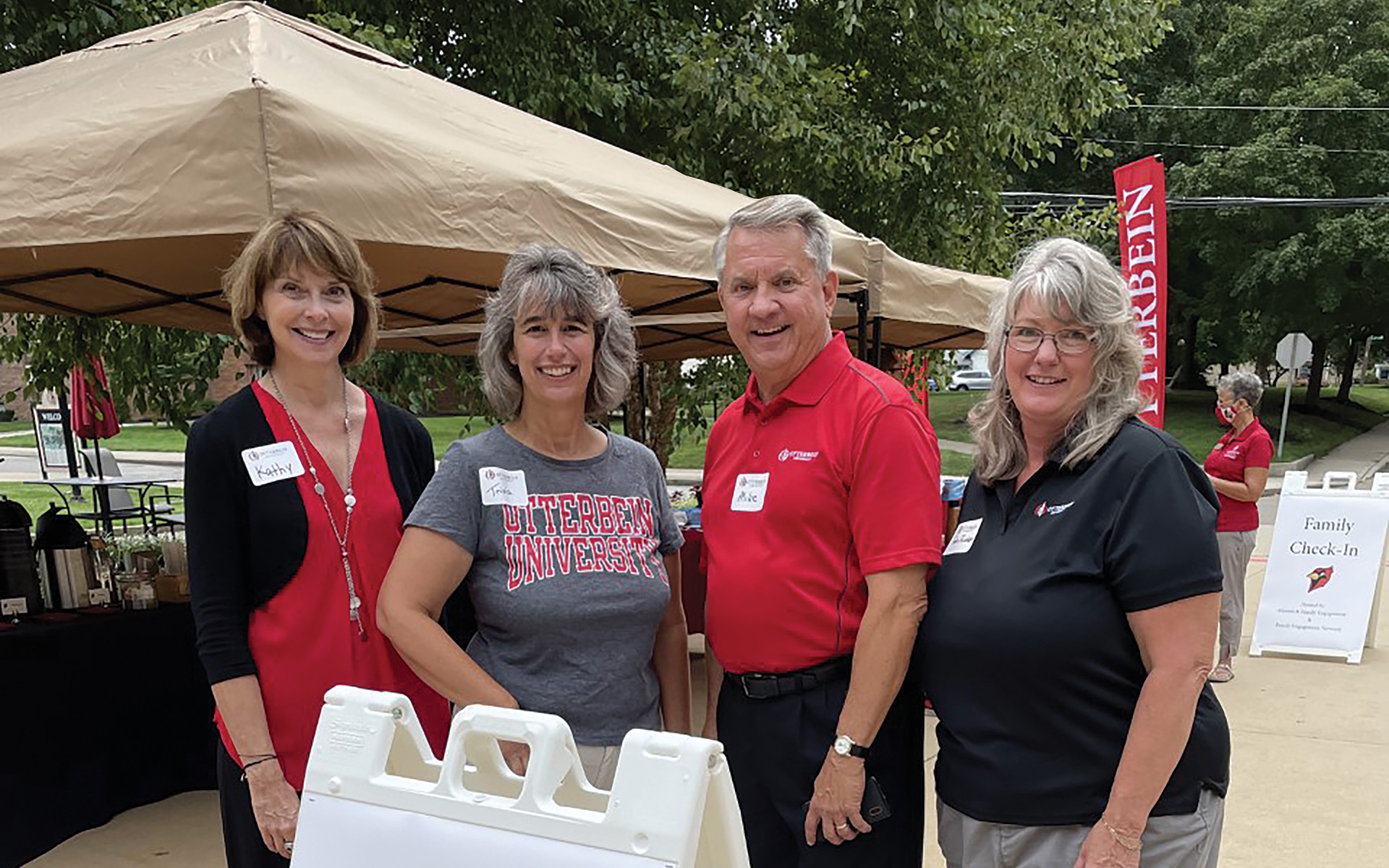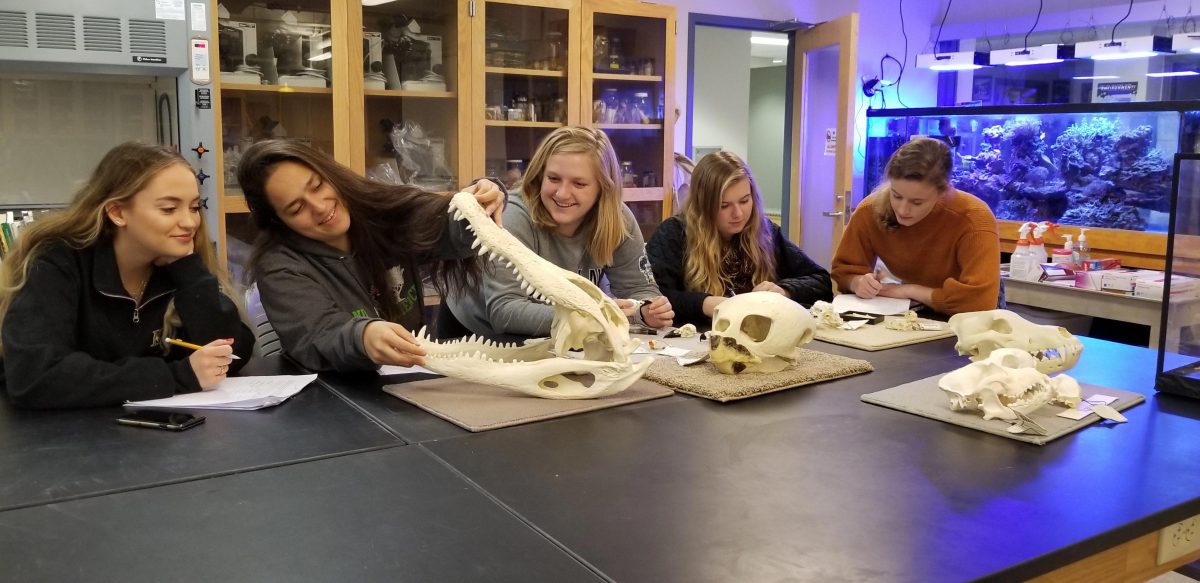Otterbein University is mourning the passing of President Emeritus Thomas J. Kerr IV on Aug. 6, 2021.
Kerr joined the faculty in 1963 and served as president from 1971 to 1984.
“Tom was dedicated to service and lived that out at Otterbein. Everyone who knew him was better for it, including me. I am proud to have called him a friend and to continue his work of caring for Otterbein and our students,” said President John Comerford.
Kerr was born Oct. 8, 1933, in Columbus, Ohio. He received a bachelor’s degree in industrial and labor relations from Cornell University in 1956, a master’s degree in history from the University of Buffalo in 1959, and a doctorate degree in social science from Syracuse University in 1965.
He came to Otterbein as an assistant professor of history. As a faculty member, he was active on campus committees and served as acting academic dean for seven months from 1969 to 1970.
Kerr was selected from a pool of 117 candidates to become the 18th president of Otterbein in 1971, when he was only 37 years old. In his inauguration program, it was noted that although he was “young in years,” he already had “a wide range of experience as a scholar, teacher and college administrator.”
As a president, Kerr was known as a builder of ideas, implementing innovative programs that established Otterbein as a leader in higher education—programs that other universities would later implement.
When he accepted the position in 1971, Kerr laid out his plans for his future presidency in a statement, which partially reads: “Private colleges face financial problems stemming from rising costs and increased competition for students. Progress cannot come primarily through growth but must come through reassessment of our present programs. We must also conceive imaginative new programs responsive to the needs of both our rapidly changing society and our students who become its future leaders. We must develop a flexible curriculum combining study and action.”
In response to his insights about the future of higher education, Kerr launched the University’s nationally acclaimed Integrative Studies curriculum, which remains a model curriculum in higher education today, as well as the continuing education program for adult learners. He also launched Otterbein’s signature programs in nursing and equine science. He created new partnerships for Otterbein, many of which remain strong today.
In a 2014 interview, Kerr said, “The sense of total community and its educational impact, both the curricular and the co-curricular programs, create a unique and really outstanding environment. That community goes out in rings to the metropolitan area, into the larger country and the world.”
Viewing students as future leaders, Kerr valued the role of students in governing the University. As a faculty member, he was involved with the reorganization of the University’s governance system. During his presidency, Otterbein became the first university in the nation to have students and faculty seated as permanent, voting members of its board of trustees.
“The most important thing you could do in your decision-making process came in the recruiting of faculty and staff members and making sure that they would continue the traditions of the community and decision making in the community, which was a very open governance system…involving students. It was a learning experience at all levels and a unique system when it was implemented in the late ’60s, and has continued its tradition today,” Kerr said in 2014.
Kerr also led changes to facilities, often with a focus on strengthening the arts at Otterbein. In 1972, he dedicated the new library, which was named the Courtright Memorial Library seven years later and houses the Becker Gallery for art on the lower level. When the Rike Center was built in 1975 to address changing needs for Otterbein’s athletics program, the shift allowed the Alumni Gymnasium to be renovated into a hub for arts on campus. The gymnasium was reborn as the Battelle Fine Arts Center in 1979. Another advancement in the arts was the addition of the scene shop to Cowan Hall in 1982, which provided space to build more elaborate sets for Otterbein’s theatre productions.
During Kerr’s presidency, the endowment rose from $2.9 to $6.9 million. After his retirement from higher education at the age of 50, he continued to raise money to fund higher education initiatives. He later served as president of the Grant Medical Center Development Foundation in Columbus, Ohio.
An editorial in The Columbus Dispatch at the time of Kerr’s resignation announcement stated, “Thomas J. Kerr IV, president of Otterbein College, will end his 13-year tenure in June on a high note. At a time when many small private colleges are in serious trouble, Kerr leaves the Westerville institution with an increased enrollment, substantially greater endowment support, new buildings completed and a number of new programs in place geared to changing educational needs.”
Kerr remained involved with Otterbein after his retirement, attending events and even researching and speaking about Otterbein’s history to alumni audiences and the Westerville Historical Society. The Presidents Gallery exhibit on the second floor of Towers Hall displays his research on the other presidents, as well as Kerr’s own achievements as the 18th president.
In a 2014 interview, he stated, “(Otterbein) is a university of opportunity and it has provided countless opportunities for students—sometimes second chances—and the strength of the sense of community is so exceptional that it distinguishes it from many other schools.”
He added, “I’m certainly proud that I had the opportunity to serve (at) a university that has so many successful graduates and so many successful stories of their experiences when they were students here.”
President Emeritus Kathy Krendl recognized her predecessor’s impact on the university. “President Kerr’s legacy lives on in the essential and distinctive character of an Otterbein education and its commitment to being accessible to a diverse population of students. His vision for the institution continues to serve as an important touchstone.”
Bob Gatti, vice president emeritus for student affairs, said, “Tom Kerr was a gentle, thoughtful, kind person who, along with his wife, Donna, loved Otterbein.”
He is survived by his wife, Donna Kerr; children, Thomas Kerr V, Cheryl Kerr Coleman, and Kathleen Kerr Hansen; and eight grandchildren.
See More Photos of
President Thomas J. Kerr →
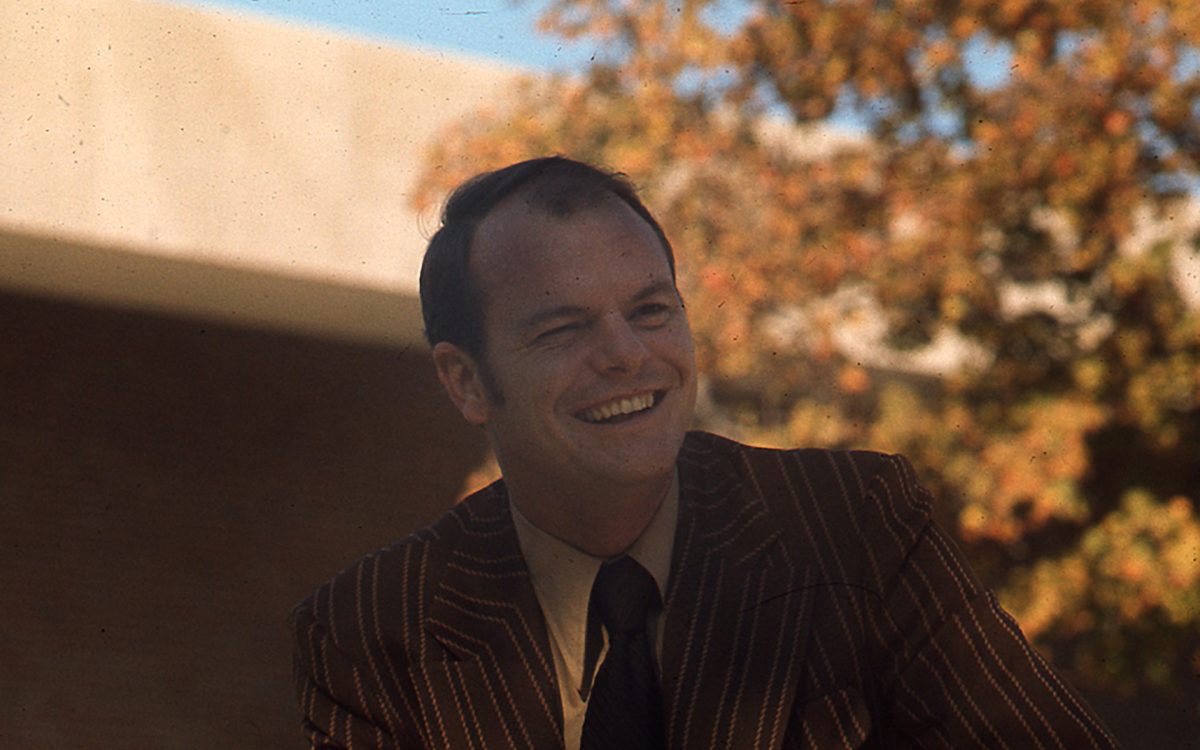
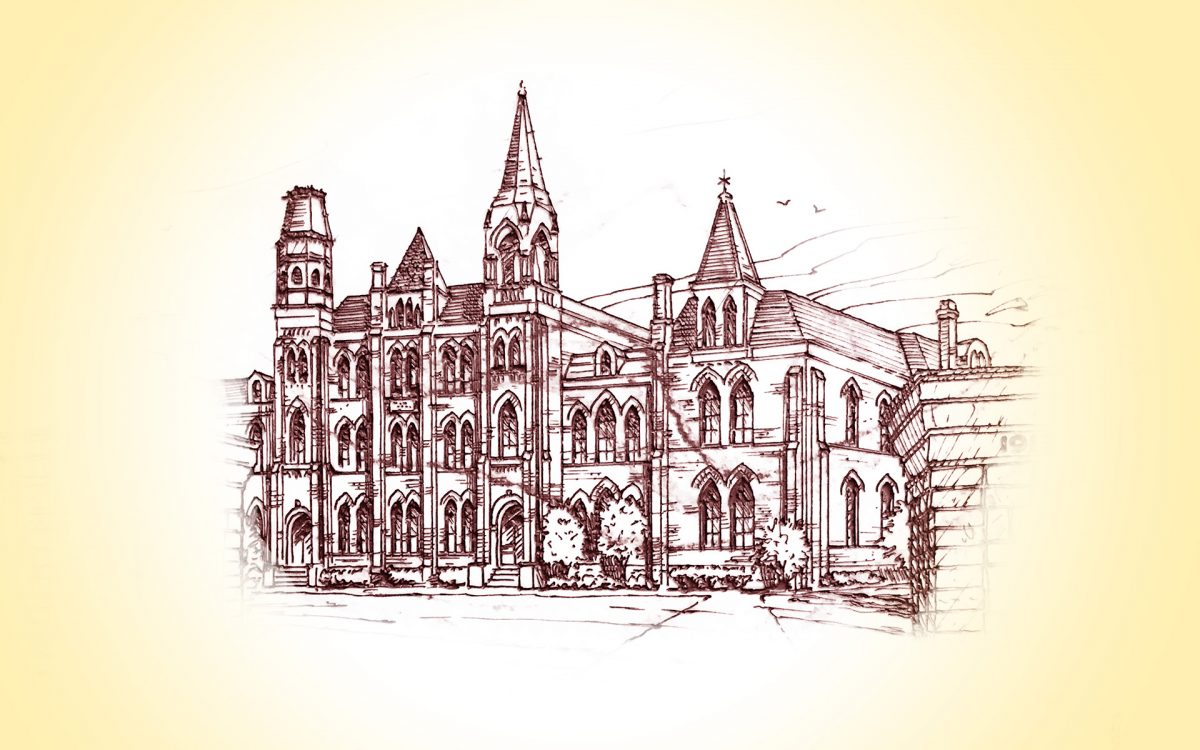
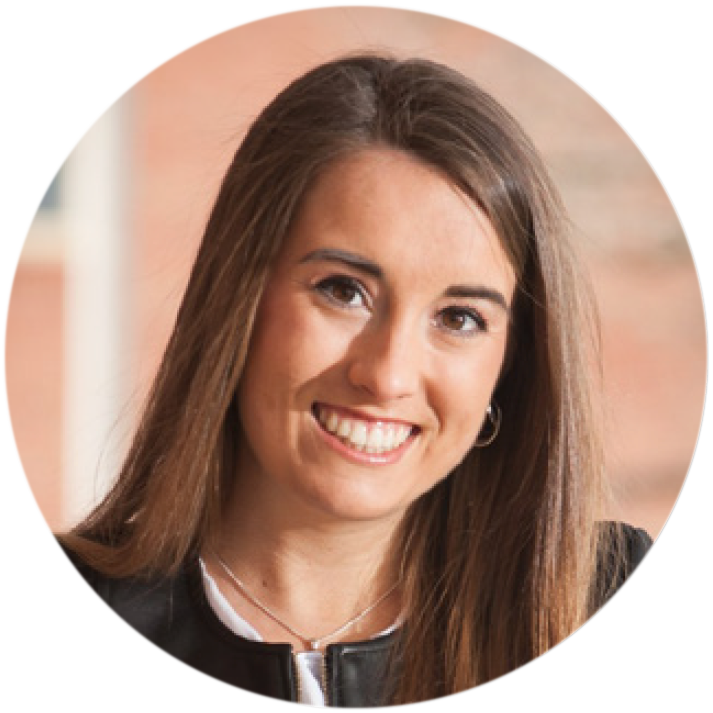
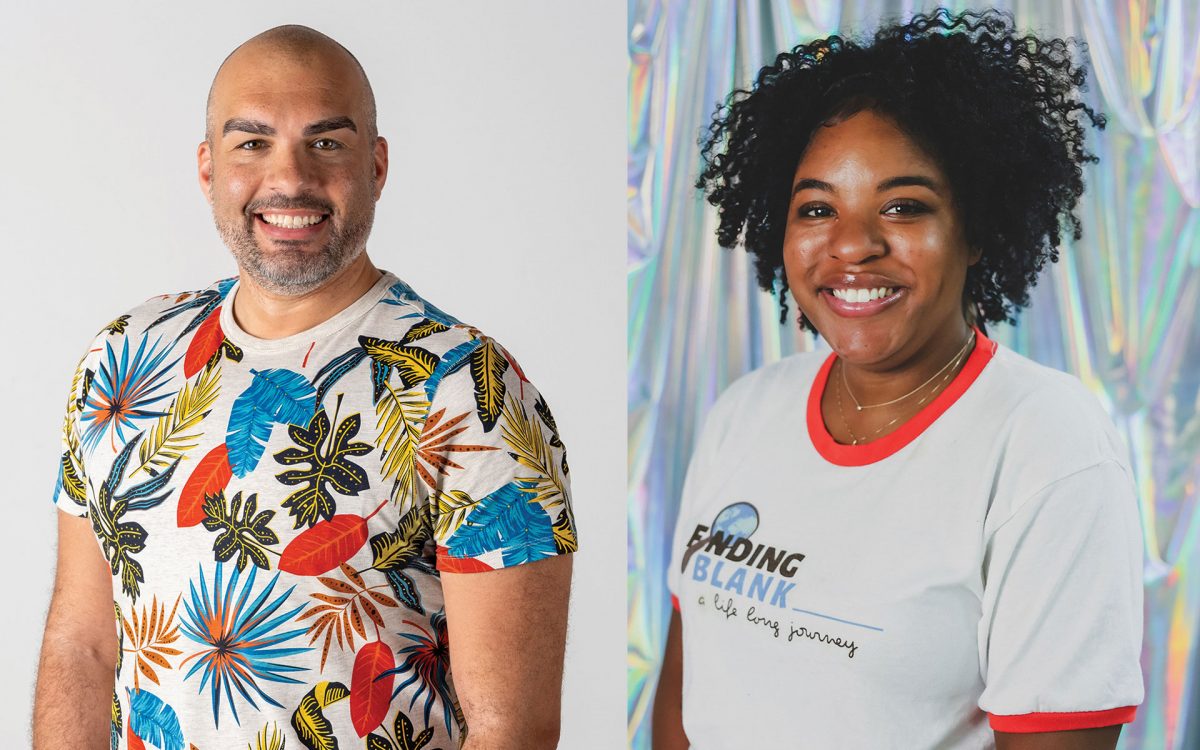
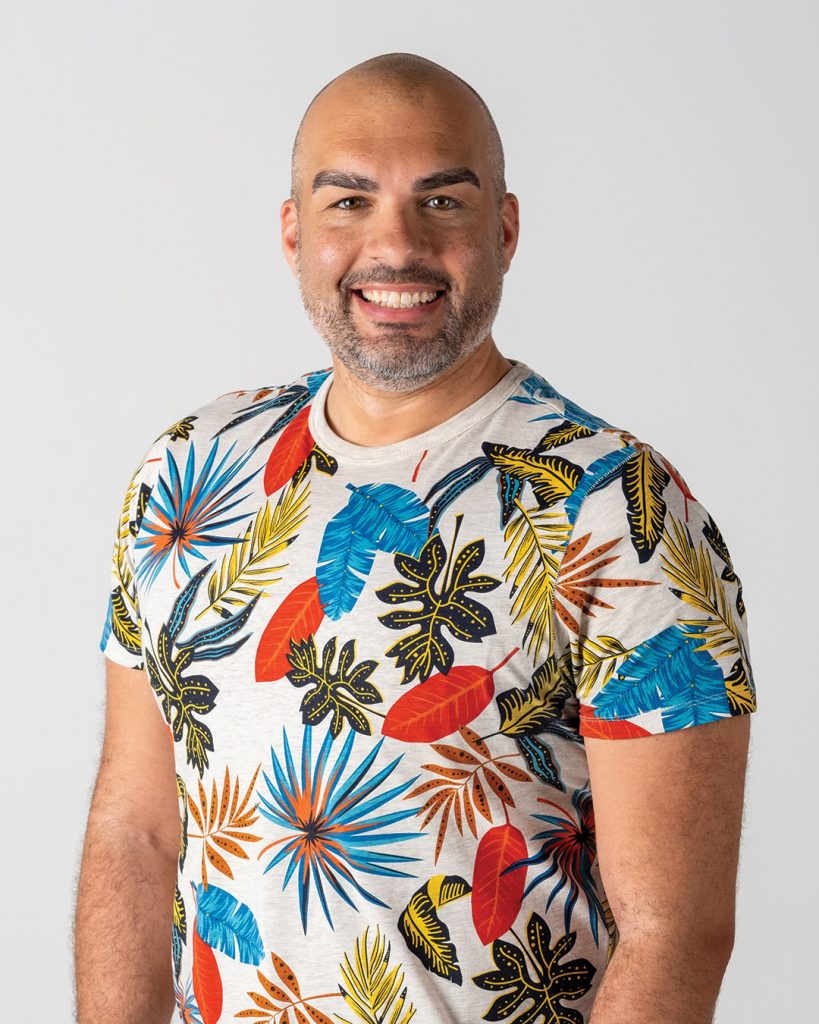 “One of the things I have learned over time is that you only have control over so much. Every decision you make in life should come from your authentic self,” said Tyler TerMeer ’05, CEO of the Cascade AIDS Project (CAP) in Portland, OR.
“One of the things I have learned over time is that you only have control over so much. Every decision you make in life should come from your authentic self,” said Tyler TerMeer ’05, CEO of the Cascade AIDS Project (CAP) in Portland, OR.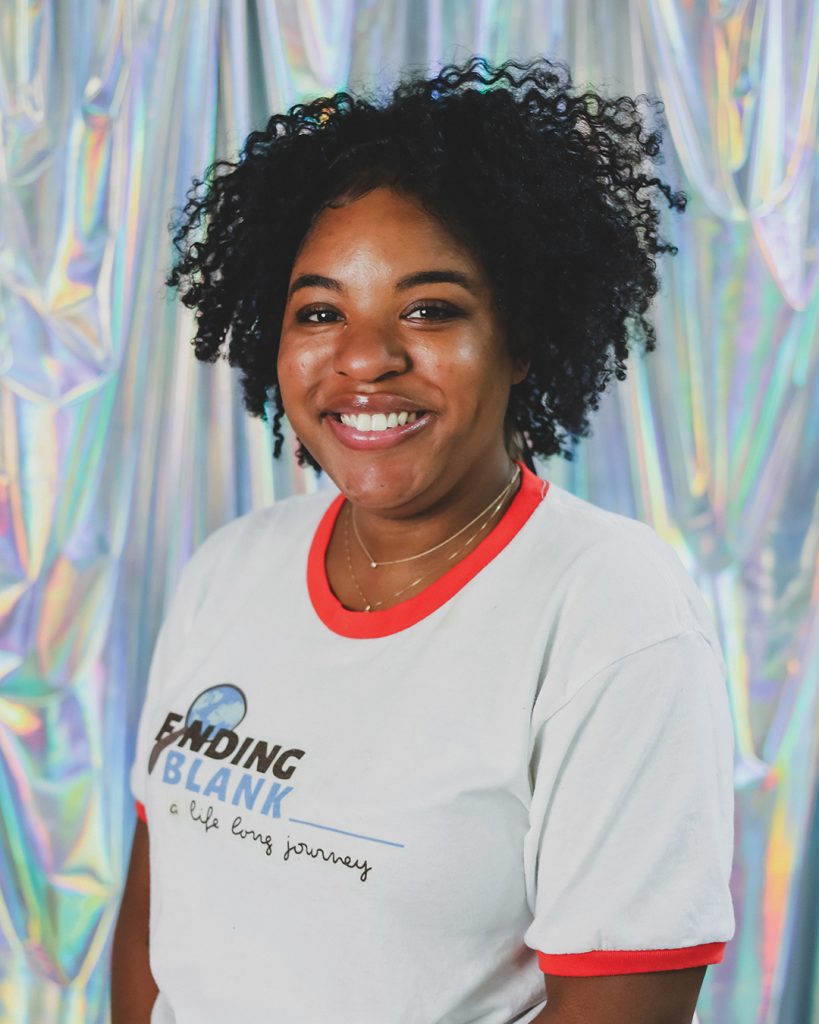 Amber Horton ’16
Amber Horton ’16